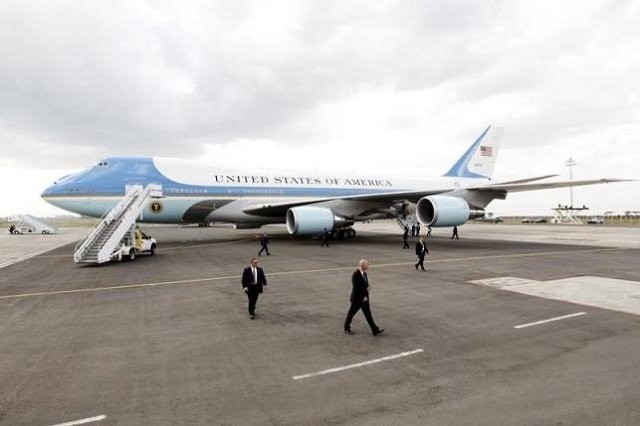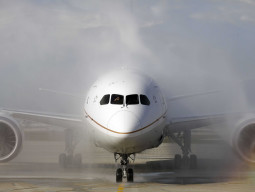
The US Air Force awarded Boeing an initial contract worth $25.8 million to reduce risk and lower the cost of the programme by looking at the tradeoffs between the requirements and design of the new plane, according to the Pentagon's daily digest of arms deals.
Details about the total value of the new contract have not been released, but the Air Force has previously said that it had earmarked $1.65 billion for two replacement jets.
Airbus beats Boeing in 2015 order race, lags on deliveries
The Air Force first announced in January 2015 that Boeing's 747-8 would be used to replace the two current Air Force planes used to transport the US president. Air Force One is one of the most visible symbols of the United States.
The Air Force plans to modify the contract in coming years as the Air Force One programme moves into the engineering and design phase, and later, into production.
The Air Force now operates two VC-25s, specially configured Boeing 747-200Bs, which are nearing the end of their planned 30-year life.
In January, Air Force Secretary Deborah James said the Air Force One programme would use proven technologies and commercially certified equipment to keep the programme affordable.
The Air Force decision was widely expected since the only other suitable four-engine jet is the A380 built by Airbus in Toulouse, France.
The 747-8 is the only four-engine commercial jet Boeing makes, providing an extra margin of flight safety over the more standard twin-engine planes.
Boeing last week said it would cut production of the 747-8 in half in September and take a $569 million charge in the fourth quarter as it faces dwindling sales.
Boeing orders fall by half in 2015 but deliveries hit record
The four-engine jet is now mostly a cargo workhorse, eclipsed by more fuel-efficient twin-engine jets for passengers.
The double-decker plane entered service in 1970, undergoing a major overhaul in 2012, with new engines and a longer fuselage.










































COMMENTS
Comments are moderated and generally will be posted if they are on-topic and not abusive.
For more information, please see our Comments FAQ